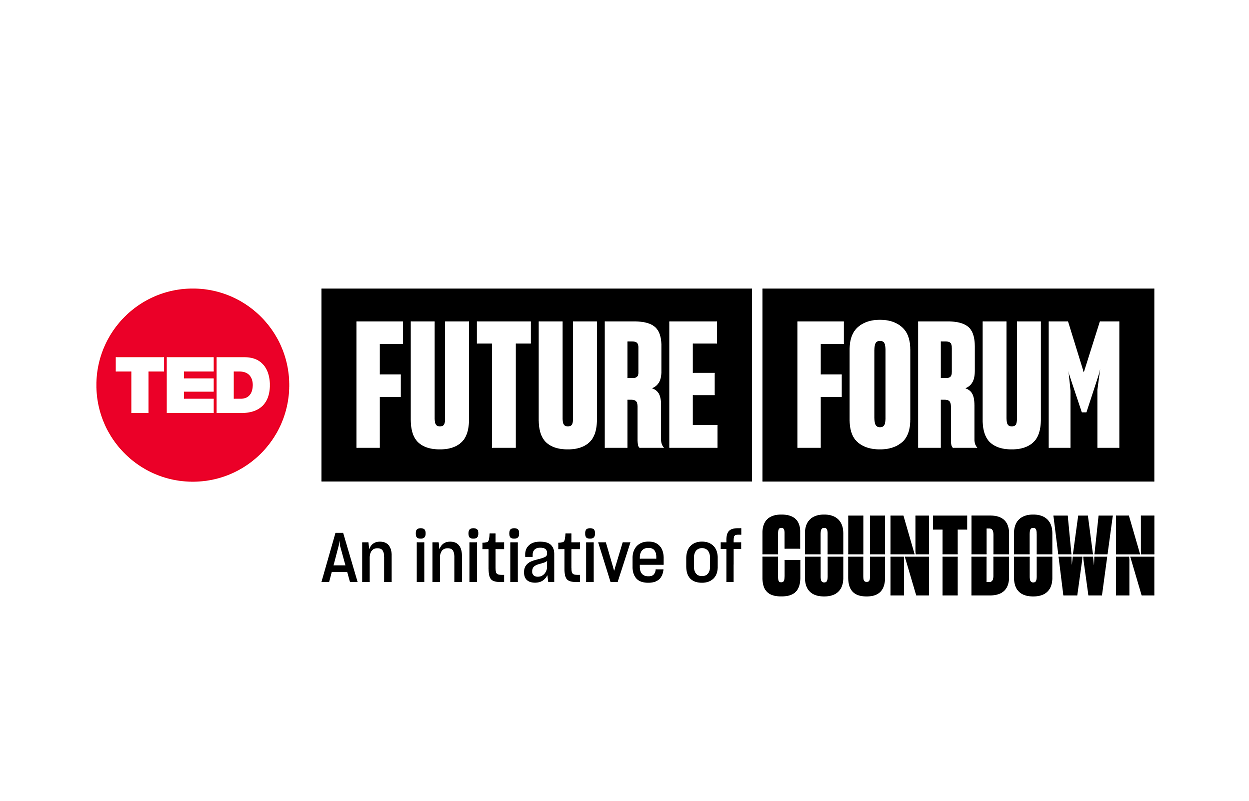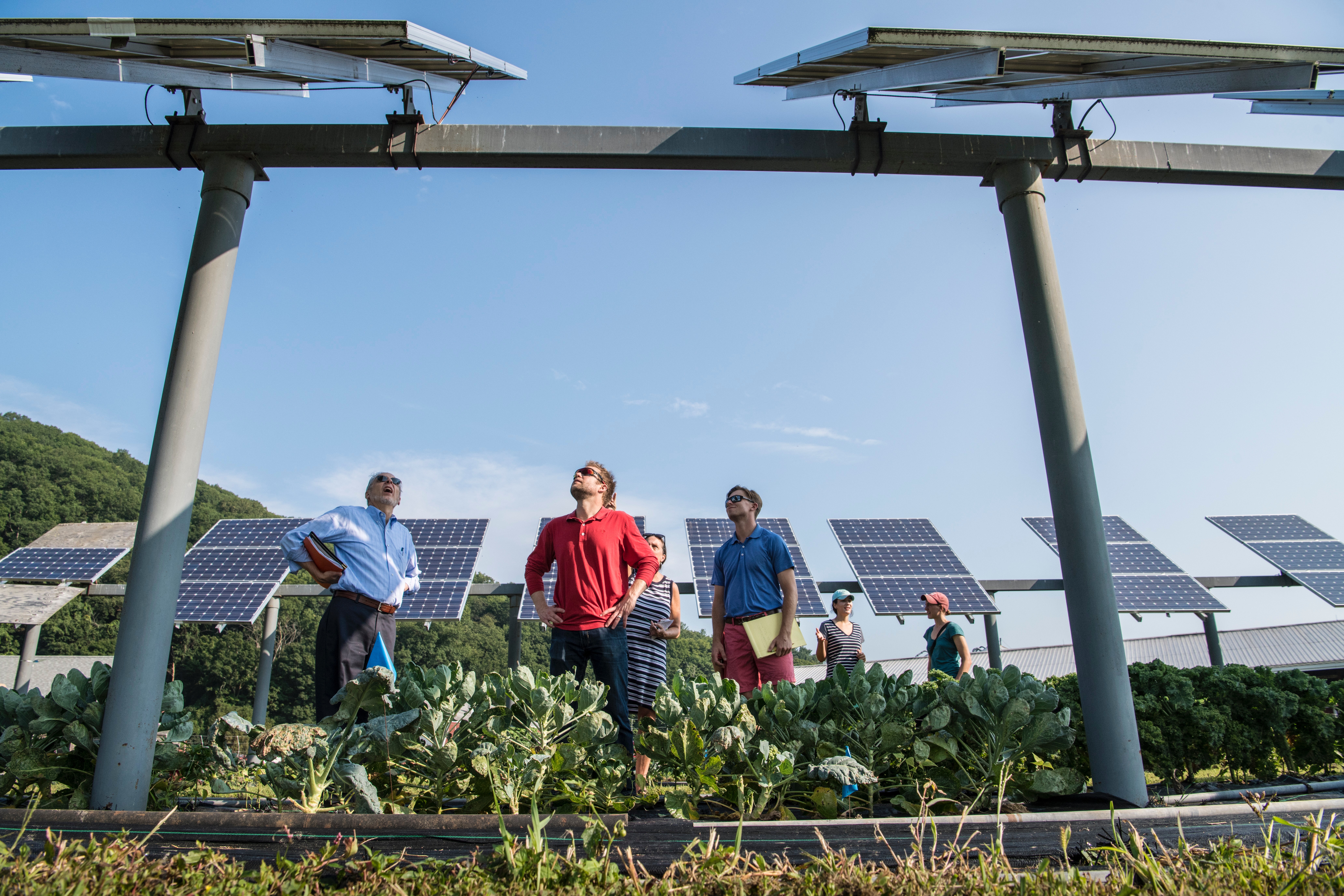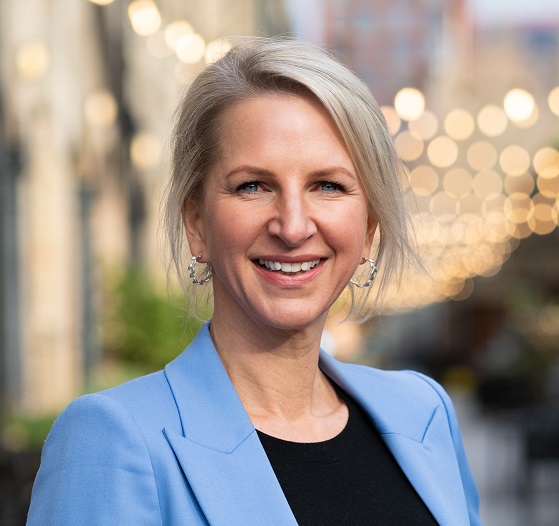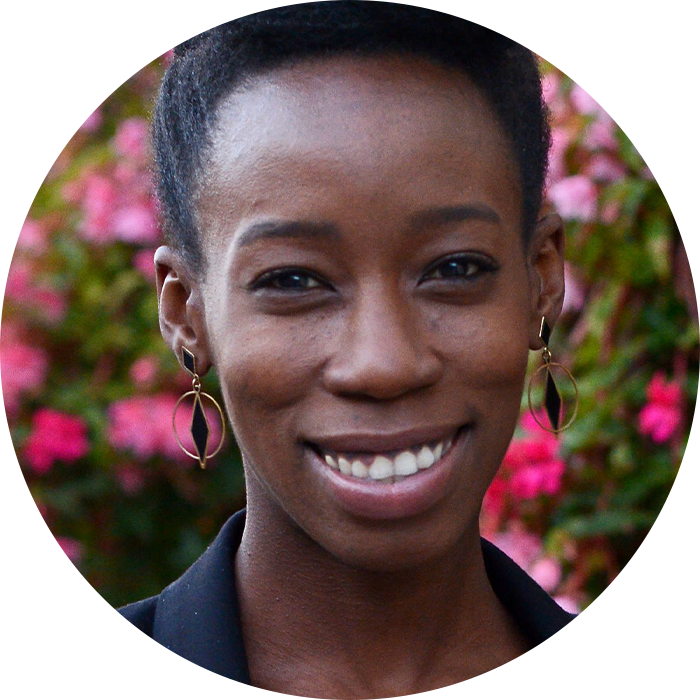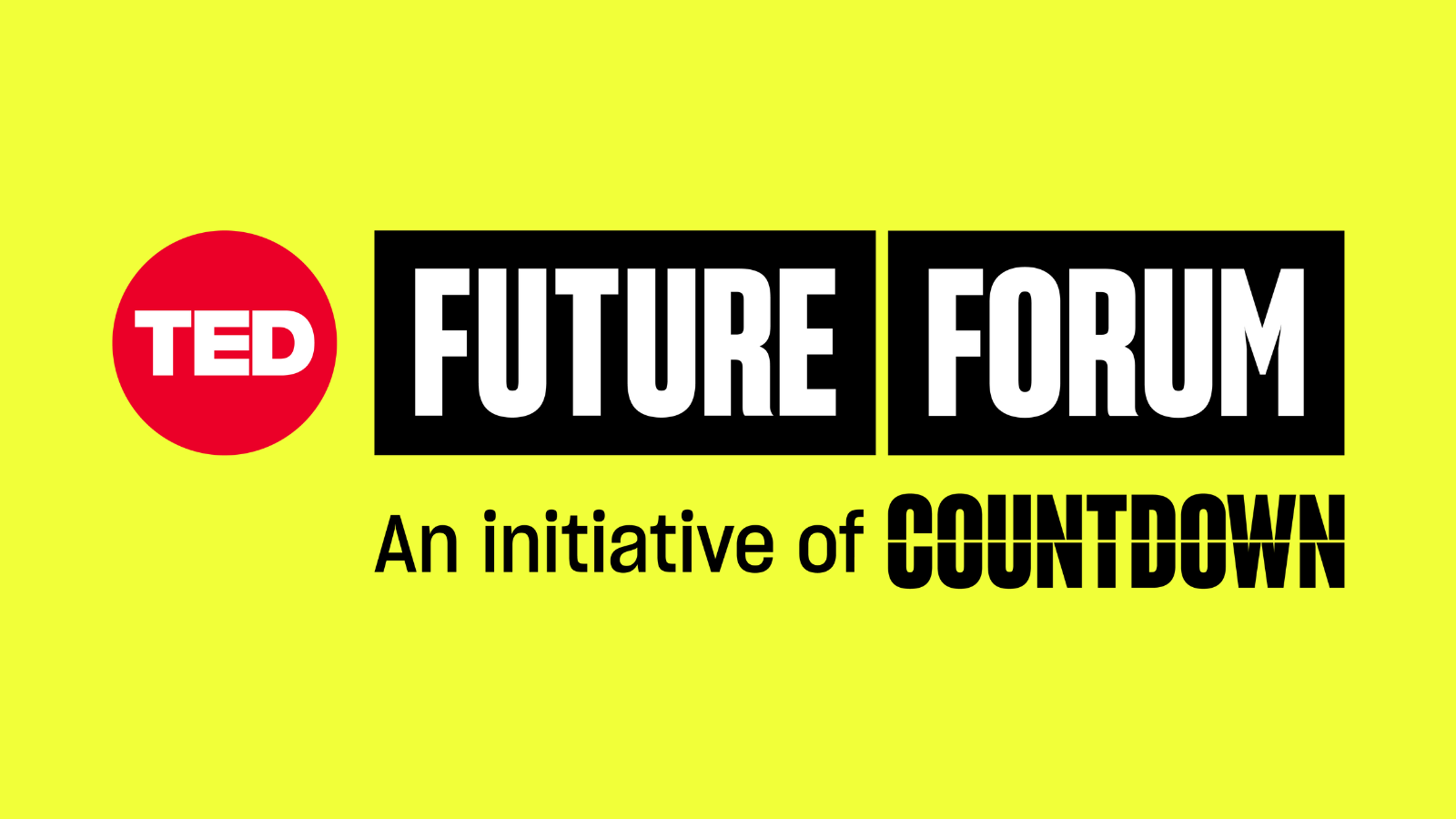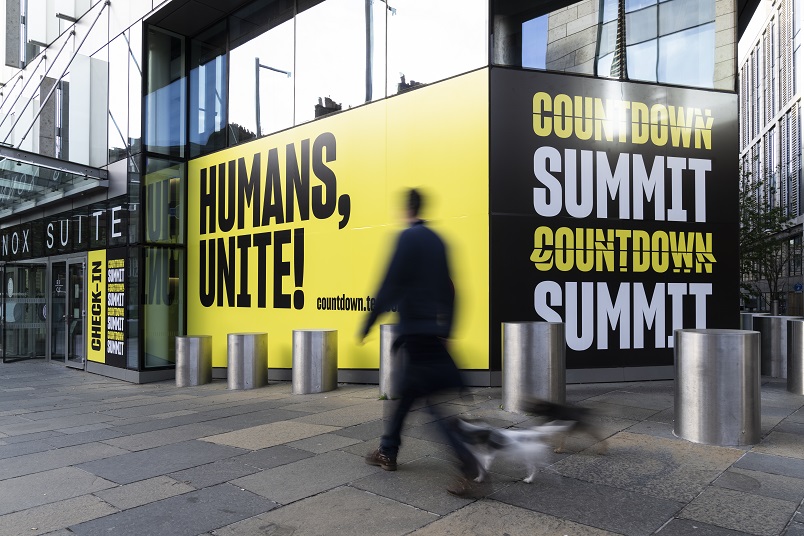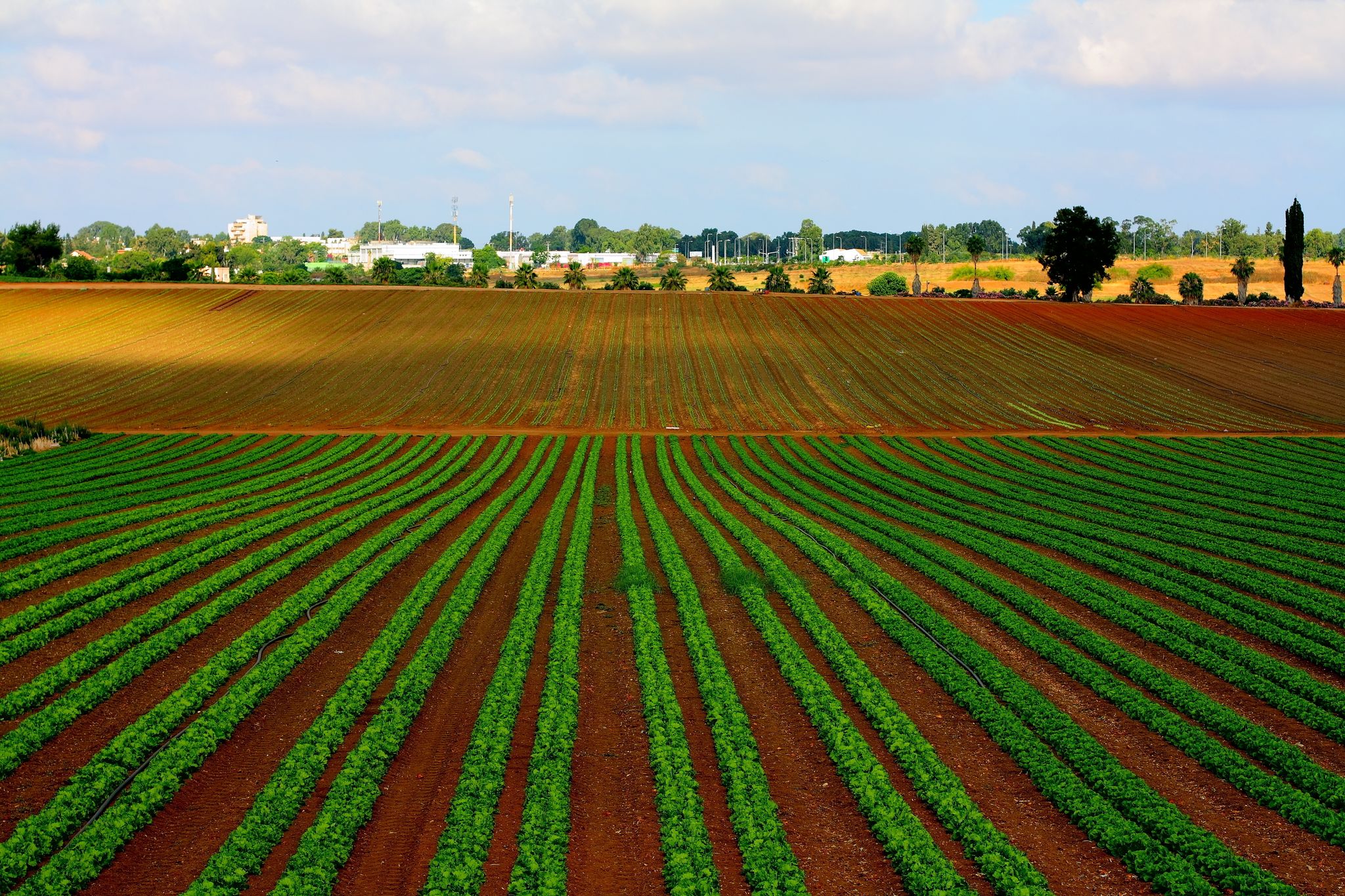The seven practices for radical collaboration
Leaders’ Quest, Reos Partners, TED Countdown, and the Climate Champions Team joined forces to create “Radical Collaboration to Accelerate Climate Action: A Guidebook for Working Together with Speed, Scale, and Justice.“
The book defines ‘how’ to implement radical collaboration in seven inter-connected do’s and don’ts that are intended to produce movement and learning, and therefore the potential for fast, big, and fair results. It achieves this by bringing together 100 experienced climate practitioners from around the world, who summarize their guidance around bringing people together to tackle systemic challenges.
Take a look at these high-level points to see how you can intentionally engage in radical collaboration:
Play your role
Scan the landscape. Many types of actors are taking many types of actions—political, economic, social, cultural, technological— to address the climate crisis. You can’t and don’t need to do everything. Look at what others are doing to see the most useful role your collaboration can play as part of or in connection with existing efforts. Consider your ambitions and capacities to discern how your collaboration can enrich and strengthen this complex ecosystem. Being clear about your role will help your collaboration and the larger climate movement advance with greater speed, scale, and justice.
Decide how your collaboration will play its specific role—and how you will play your individual role within this collaboration— using your head (your strategic and systemic assessment), your heart (your passion and commitment), and your hands (your learning, from your own experiences and those of others, about what works in practice). Don’t start a new collaboration just because you prefer to do things your way or under your brand. Egotism, duplication, fragmentation, and competition limit quality and impact.
Don’t ignore your inter-dependencies with what others are doing. Unite when you can and differentiate when you must. Don’t get distracted by what you think others ought to be doing. Focus on playing your role well.
Find necessary allies
To be able to overcome the many inevitable obstacles along the way, you’ll need to collaborate with people who share the same goal and have diverse and complementary capacities. Include people who are living with and understand the problem you’re trying to solve, and who have the will, energy, and capacity to deliver solutions.
Working only with the people you are comfortable with—whom you know and like—won’t get you far. To be able to act with speed, scale, and justice, you need to work with different and disruptive others (often including people you might see as opponents or even enemies) and to centre marginalized and impacted people.
You can’t and don’t need to work with everyone: choose the allies you need to be able to play your collective role. As you gain momentum, you will be able to enrol a broader group of allies. And as your collaboration grows, you’ll need to recognize and manage the permanent tensions among speed, scale, and justice.
Collaborating requires you to agree on some things but not on everything. You need to agree on the direction you are heading and the minimum standards for travelling together, but not necessarily on the path you will take. Don’t waste time trying to collaborate with people who don’t want to advance or who want to head in a different direction.
Negotiate pragmatically with your allies about the value of allying. Discuss explicitly and openly what you are aiming to accomplish together; what each of you, given your particular resources and constraints, can contribute to the collaboration, and what each of you needs from the collaboration to be able to make this contribution. Don’t expect selflessness or purity.
Build collective power
Your collaboration needs collective power to play its role in effecting systemic transformation. This requires recognizing and bringing together the different types of assets that each of you can contribute—authority, money, technologies, ideas, followers—to grow your individual and collective capacities. Exercising power together, fairly, is required for speed and scale.
Expertise and hierarchy can help you decide what to do and to get it done. But when some powerful allies use their power over others — forcing things to be the way they want them to be, whether through imposition, exclusion, co-option, or divide and rule— they undermine the collaboration. If you push people around, they will be resentful and angry and will push back, and you will get slowed down or stuck.
For your collaboration to build power and to hold itself accountable, you must make decisions fairly, involving not only the allies with more power but also those with less.
Invest in building a transparent and equitable governance process and a strong and resilient team.
Work your differences
The primary reason collaborators get stuck and do not achieve speed, scale, or justice is that they aren’t able to work productively with their differences and disagreements. Your collaborators face different realities, opportunities, and constraints, and so have different positions, perspectives, and powers. This diversity can help you see more clearly and navigate better through complex and confusing terrain.
These differences also produce disagreements and discomfort. Often people enter a collaboration convinced that they are right and others are wrong. You can’t erase these differences and you don’t have to: usually it is possible and necessary to advance together in spite of, even because of, such continued differences.
If you insist on complete agreement and alignment, you will not be able to advance. Acknowledge your differences openly, keep the role your collaboration is playing in sight, and continue to look for better ways to move forward. Agree on what you can and must, and keep moving. Work together deliberately and patiently to build your relationships, understanding, trust, agreement, and impact.
Discover ways forward
In playing your role within the complex climate ecosystem, the way forward will rarely be clear or straightforward. It is not a highway: you can’t clear away the obstacles and make a straight road before you start.
The only way to advance with speed, scale, and justice is through rapid, disciplined, iterative experimentation. The climate crisis creates pressure for decisive and definitive action, but advances will not always be linear or predictable. Take small steps quickly to learn through trial and error what works, and to build your confidence, capacity, and momentum.
Transformations are usually messy and unclear, especially when we are in the middle of them. Be prepared for confusion, crisis, failure, frustration, setbacks, and disappointment. When these occur, pause, sense, and try something new.
Be open to changing course. Share what you are learning to help others advance more quickly. The weather affects your journey and you can’t control it. Your context will keep changing and presenting new obstacles and opportunities. Seize the moment when you can.
You won’t be able to know or agree on a perfect solution before you start. You can only advance through acting and building momentum, and so pragmatic progress matters more than perfect promises.
Share hopeful stories
People won’t move forward together without shared stories of realistic hope. They need narratives and maps about where they are, where they are trying to get to, and why it is important that they move.
People usually don’t like being told what they must do, so share stories that your allies understand and want to be part of. Recognize the diversity among the people you are collaborating with and those you want to engage: scientific and economic explanations will resonate with some people, and empathetic human narratives with others.
Certain storytellers will be more credible with some people than with others. Don’t expect one language to work for everyone.
Demonstrate possibilities through examples and evidence of success and progress. Acknowledge risk and admit mistakes. Construct plausible scenarios of the future, bad as well as good, to enable people to see more clearly where they need to go and to act more confidently to get there. Adjust your narratives and maps as you advance.
Care for yourselves
A healthy movement towards a healthy future requires healthy people. The way you show up affects what you can do. You won’t be able to move with speed, scale, and justice if you don’t take care of yourself and your companions. We all need support. This seventh practice enables the other six. Acknowledge the uphill.
The climate journey is long and hard. Many of your fellow travellers—especially those with less power and privilege—are suffering, traumatized, and frightened, torn between resignation and rage. Many face immediate threats to their livelihoods and lives. Collaborate empathetically and fairly, recognizing that different collaborators face different realities and have different resources and constraints.
Progress requires purposefulness and persistence, but if you just keep pushing on and pushing others, you will produce burnout and breakdown. Build a network of mutual professional and personal support. Help one another through the rough patches. Inattention to yourself—forgetting about yourself, or identifying yourself only with your work—creates defensiveness and rigidity. Self-awareness, humility, and generosity are required for openness and creativity and therefore for impact.
Take time to stop for refreshment, reconnection, relaxation, reflection, recovery, and renewal.
Celebrate your victories and honor your losses. Cultivate dignity and courage. Be kind to yourself and others.

